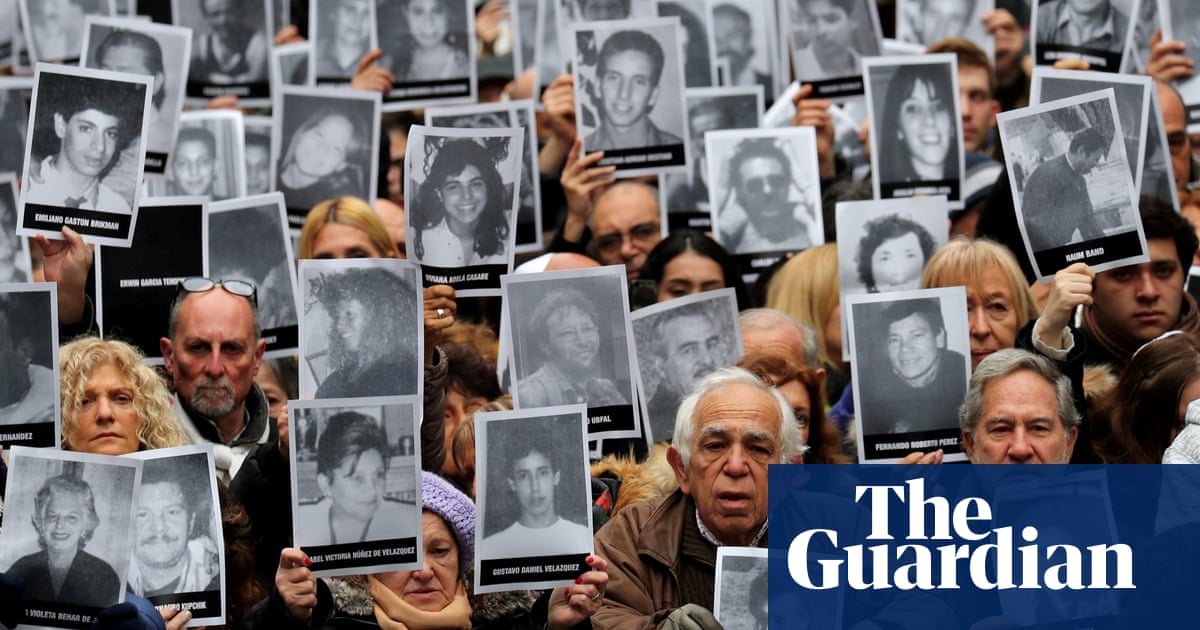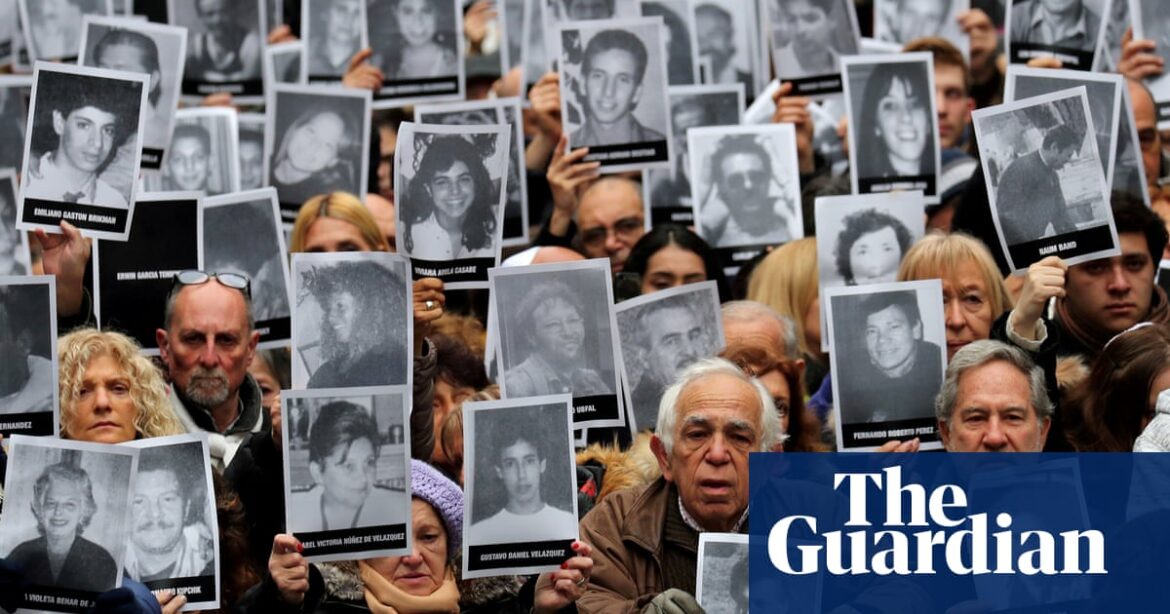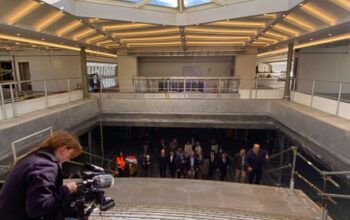
A new ruling by Argentina’s highest criminal court has blamed Iran for the fatal 1994 attack against a Jewish community center in Buenos Aires, declaring it a “crime against humanity” in a decision that paves the way for victims to seek justice.
That huge blast at the Argentinian Israelite Mutual Association (AMIA), was blamed on a suicide bomber driving a stolen van loaded with explosives. It killed 85 people, wounded 300 and devastated Latin America’s biggest Jewish community.
In their ruling late on Thursday, the judges ruled that the bombing was carried out by the Shia militant organization Hezbollah and responded to a “political and strategic design” by Iran. The court said the attack came in retaliation for Argentina reneging on a nuclear cooperation deal with Tehran.
Representatives from Argentina’s Jewish community said the court ruling was “historic” and “unique” because it opened the door for the victims’ relatives to bring lawsuits against the Islamic Republic.
Javier Milei, Argentina’s president, celebrated the ruling, saying it was a “significant step” that put an end to decades of “delays and cover-ups”, in an official statement.
Argentina’s judiciary has long maintained Iran was behind the attack, but joint investigations and Interpol arrest warrants have led nowhere. Iran has refused to turn over citizens convicted in Argentina and denied any involvement.
Prosecutors in the report charged top Iranian officials and Hezbollah members with ordering the bombing as well as an attack in 1992 against the Israeli embassy in Argentina, which killed 22 people.
“The significance of these grave human rights violations for the international community as a whole invokes a state’s duty to provide judicial protection,” wrote Carlos Mahiques, the judge who argued for legal reform.
In 2013, Argentina and Iran signed a memorandum of understanding that sought to create a truth commission to investigate the attack, but the agreement never came into force and gave rise to a case against Cristina Fernández de Kirchner, then the president, for an alleged cover-up operation.
Mahiques highlighted the figure of former prosecutor Alberto Nisman, who was investigating the attack and was found dead at his home in January 2015 after accusing Fernández de Kirchner for concealing Iran’s alleged responsibility in the attack.
“[Nisman] was very clear that all these circumstances were at the origin of the attack on the AMIA, which, taken to its ultimate consequences, could have had palpable results before this ruling,” Mahiques told local radio on Friday.
But the court failed to provide concrete evidence of Iran’s direct involvement or shed new light on the case after 30 years of setbacks and scandals. The original investigation of the AMIA bombing was plagued by incompetence and allegations that detectives bribed witnesses and attempted to bury leads.
“I would never rule Iran out, it’s certainly on the list of suspects, but let’s do something specific to rule it in,” said Joe Goldman, who co-authored a book about the winding investigations into the Jewish community center attack as well as bombing of the Israeli embassy in Buenos Aires that killed more than 20 people in 1992. “That would be a serious investigation that we haven’t seen.”
The court singled out top Iranian officials and paramilitary Revolutionary Guard commanders in its determination that Iran carried out the bombings in response to Argentina scrapping three contracts that would have provided Tehran with nuclear technology in the mid-1980s. Its conclusions were based on confidential intelligence reports.
For the relatives of those killed in the bombings, the ruling was a grim reminder of their anguish as the case remains open.
“We hope one day complete justice and truth will come,” said Memoria Activa, an association of families of victims of the attack. “And that these judges will stop profiting from our dead.”
Source: theguardian.com



